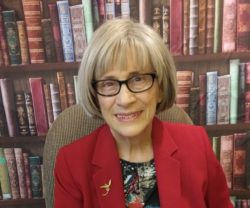HISTORY, ARCHIVES & MUSEUMS
The monthly Black-Jewish Dialogues began in Chattanooga virtually in July 2020 and quickly spread across the USA and internationally. As our communities progress in understanding each other, we explore new topics each month. History is frequently an underlying theme.
Many thanks to our February Presenters:
John Edwards: Chattanooga historian working with the Bessie Smith Cultural Center and President of The Chattanooga News Chronicle.
Dr. Dana Herman: Managing Editor and Director of Research & Collections of the American Jewish Archives.
CLICK to hear the February Black-Jewish Dialogue
CLICK for background information and links to earlier dialogues

 I’ve always included articles on the environment in the almost 20 years of the American Diversity Report. When I considered doing an article on the iconic Greenpeace movement which started much of our environmental activism, I thought it would be an intellectual and historical project. But, my 93-year old Aunt Polly informed that Green-ness runs in the family. Greenpeace is just a cousin away, including one of the movement’s matriarchs.
I’ve always included articles on the environment in the almost 20 years of the American Diversity Report. When I considered doing an article on the iconic Greenpeace movement which started much of our environmental activism, I thought it would be an intellectual and historical project. But, my 93-year old Aunt Polly informed that Green-ness runs in the family. Greenpeace is just a cousin away, including one of the movement’s matriarchs.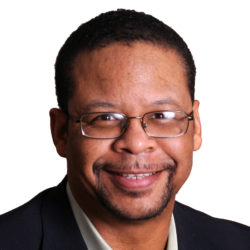
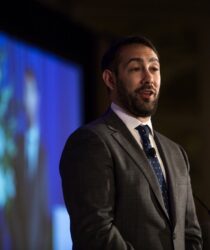 Dov Wilker is the National Director for. Black-Jewish Relations for the American Jewish Committee and heads the AJC Atlanta Regional Office with the goal of enhancing the well being of the Jewish people worldwide and advancing human rights and democratic values in the United States and around the world. The office has worked with the Atlanta Black-Jewish Coalition for nearly 35 years.
Dov Wilker is the National Director for. Black-Jewish Relations for the American Jewish Committee and heads the AJC Atlanta Regional Office with the goal of enhancing the well being of the Jewish people worldwide and advancing human rights and democratic values in the United States and around the world. The office has worked with the Atlanta Black-Jewish Coalition for nearly 35 years.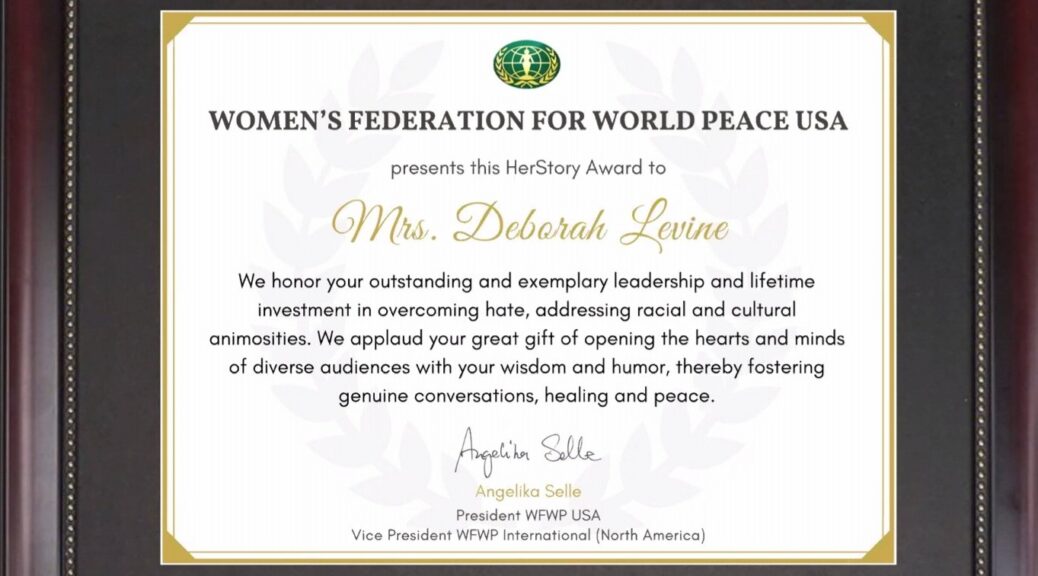
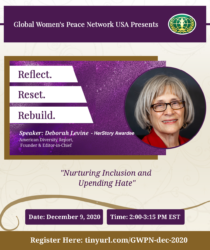 CHATTANOOGA, TN – The American Diversity Report announced today that founder and editor-in-chief, Deborah Levine, has received the distinguished ‘HerStory Award’ from the Women’s Federation for World Peace USA (WFWP), with chapters nationwide in all 50 states and locations in Africa, Asia, Australia, Europe, South America and the Middle East.
CHATTANOOGA, TN – The American Diversity Report announced today that founder and editor-in-chief, Deborah Levine, has received the distinguished ‘HerStory Award’ from the Women’s Federation for World Peace USA (WFWP), with chapters nationwide in all 50 states and locations in Africa, Asia, Australia, Europe, South America and the Middle East.